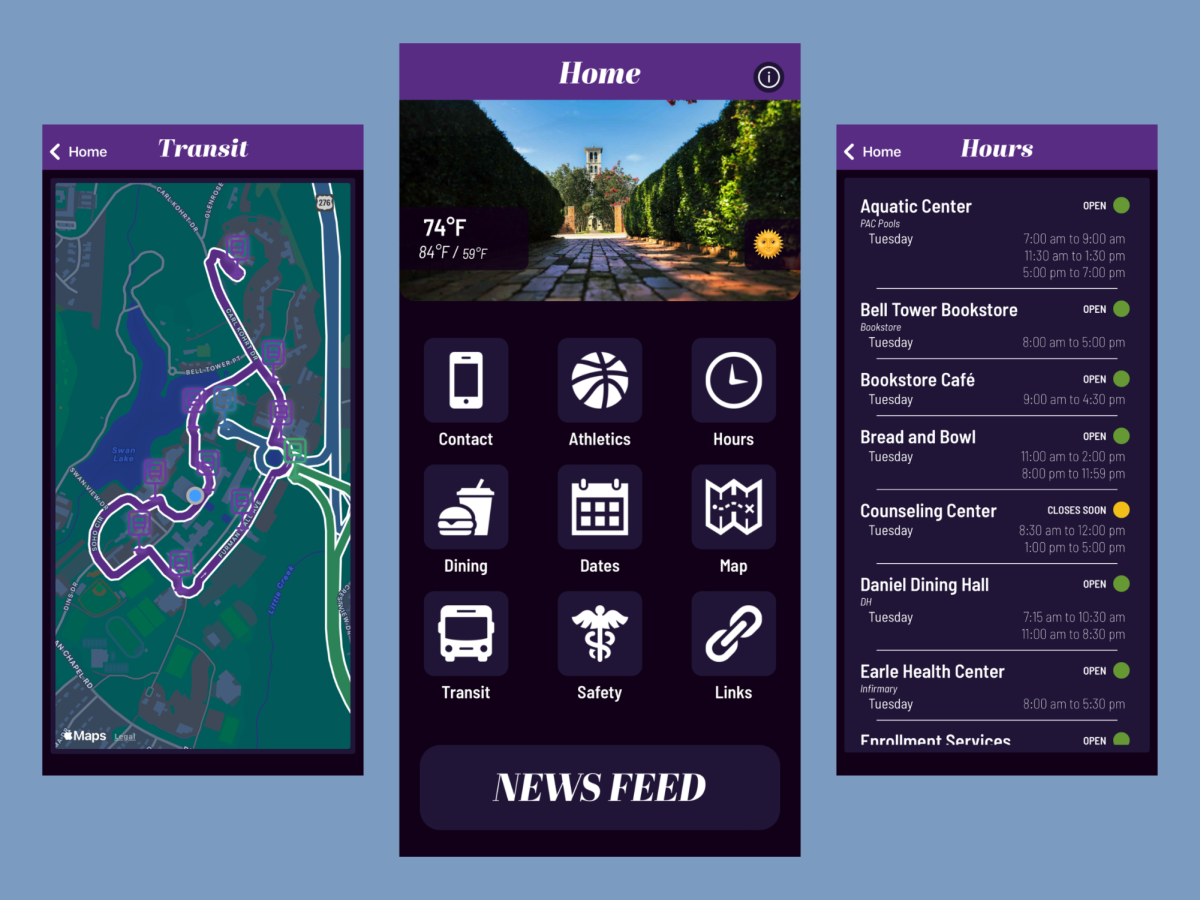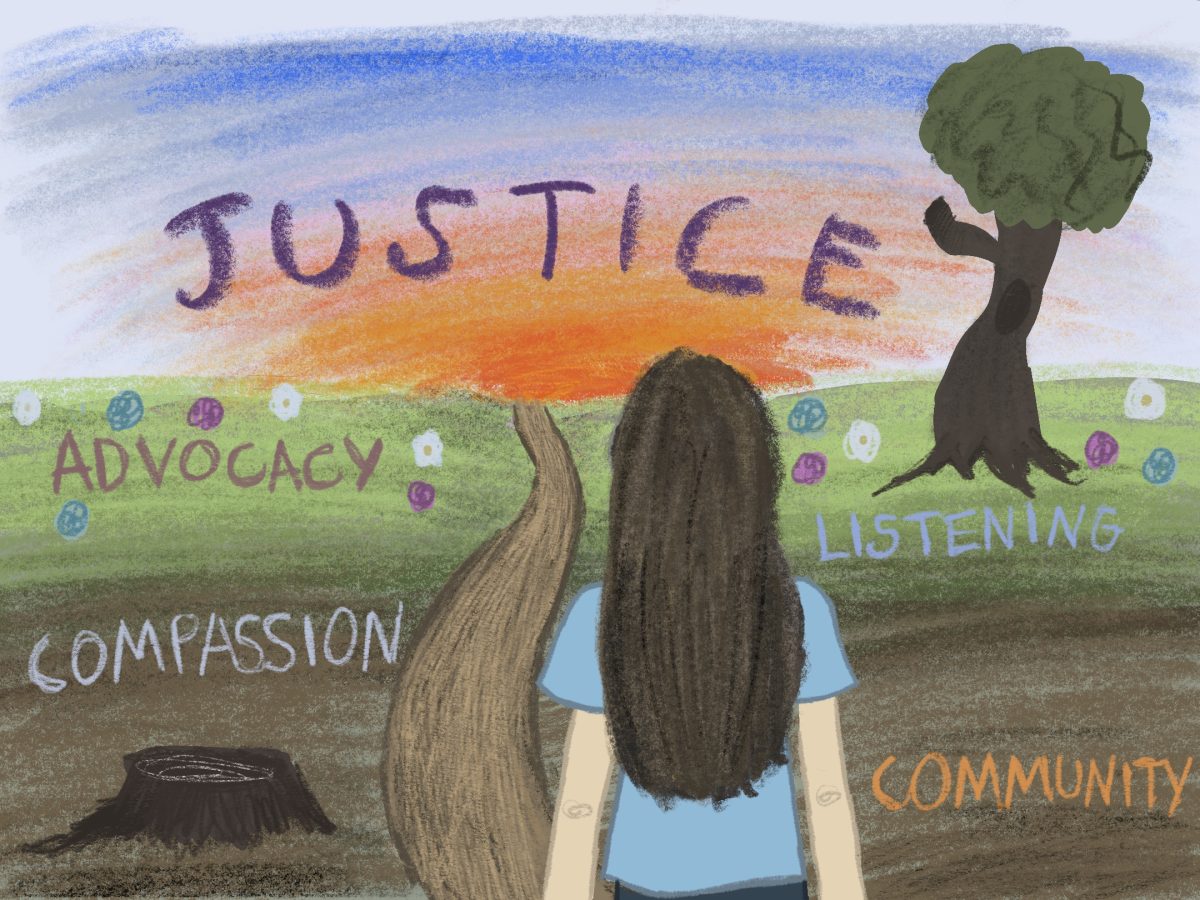There is a plethora of evidence that social media is bad for us. It’s evident in the unprecedented increase in teen depression and suicide since the rise of social media, and in how our attention spans are shortening with the more time we’re on screens.
The more we rely on the constant stimulation our phones provide, the more dopamine our brains need to be satisfied. Thus, while robbing our focus, social media use also makes it harder for us to enjoy moments of less stimulation – which are frequent in our everyday lives.
This is what social media apps are designed to do. It’s not a lack of motivation that makes it hard to stop watching TikTok and get back to work — the very goal of the app is to steal your attention.
Further, social media invites us into an unrealistic social realm — one riddled with the illusion of perfection and unlimited opportunities to compare oneself to others. Instagram gives us unlimited access to a highlight reel of everyone else’s lives, leading to jealousy and insecurity in an activity that is supposed to be social, fun, and relaxing.
Although constant social media scrolling is now the norm, you can decide who and what has control over your time and mind. We should all strive to resist dopamine overload and seek a balanced, focused, and intentional life.
Earlier this year, I quit TikTok and greatly reduced my time on Instagram. Now, I can confidently say they no longer have control over my life. I have a much more stable attention span, and more motivation and focus when it comes to school work and hobbies. Here are the strategies that helped me get there.
1. Figure out your personal reason for quitting.
When you see the TikTok icon, it’s easy to suppress the whisper of reasons that tell you not to click on it. But to really quit, it’s important to determine one or two specific and significant motivators to focus on. Knowing your personal “why” is what gives you the lasting motivation to quit, putting you in a results-oriented mindset that is fueled as you begin to notice positive changes.
2. Determine limits for apps you aren’t ready to part with for good.
While deleting every app is likely the best way to eliminate the temptation to use them, decreasing our reliance on social media doesn’t have to be all or nothing. Simply limiting your usage of the apps that you’re the most addicted to can greatly improve your daily life.
No matter your specific goal, turning off notifications is one step you can take to prevent you from being drawn into an app. You can also mute and unfollow people that you believe might be affecting you the most. A limit could also be based on the time of day or day of the week.
The most important part of this step is to choose limits thoughtfully and remain consistent. By proving to yourself you can reduce your dependence, you will create momentum to keep expanding your limits.
3. Find a replacement activity.
Identify the times that you use on social media the most, and decide what you are going to fill that time with instead so you aren’t having to turn to your phone.
Quitting social media is a great opportunity to get back into reading, for example. As you build back your attention span and come to find healthier ways to relax and disconnect from the world, the thought of picking up a book might not be as daunting as it was when the hobby was competing with the unlimited content your phone holds.
4. Download the app “one sec.”
Using the iPhone automation feature, this app interrupts you when you try to open a social media app, prompting you to take a deep breath before deciding if you want to continue to the app. This is a great way to insert mindfulness into your daily habit of clicking on social media apps.
5. Keep yourself busy.
It’s going to be difficult to stay off your phone if you have nothing to do but stare at it and think of the unlimited content you could be indulging in. Try to use this time to start a new hobby, or invest in new clubs or friendships. Around people, you are less likely to want to turn to social media.
6. Notice what’s changing.
Find a way to reflect on the process of quitting, such as talking with friends or journaling, to be mindful of the ways your focus, attention span, anxiety, and mood might be changing for the better. The more you are in touch with these positive changes, the more motivation you’ll have to never look back.


































